Recyclopedia: Can I recycle it?
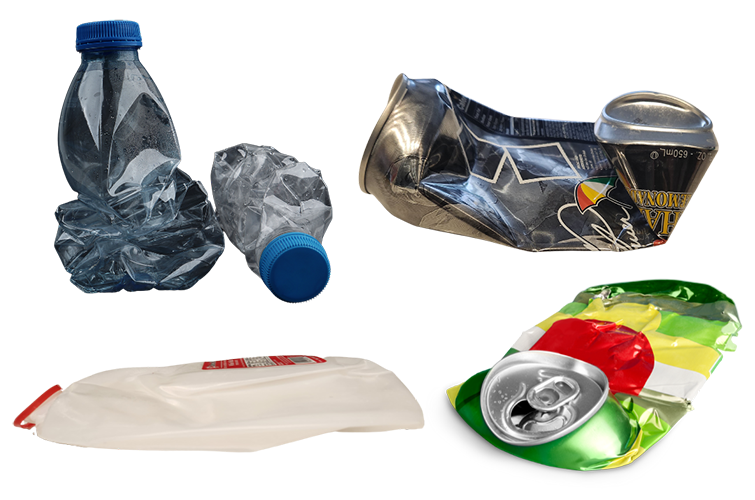
Correct! Oops!
Changing the shape of your plastic bottles (any size) and metal cans can affect how they are sorted at a materials recovery facility (MRF), where mechanical sorters separate flat materials (paper and cardboard) from 3D containers (cans, bottles, jars, jugs, and tubs). Flattened bottles and cans may be misidentified in the sorting process and end up as a contaminant in paper and cardboard bales. We recommend you don’t crush your bottles and cans flat.
Correct! Oops!
Single-use utensils, tablecloths, plates, and napkins are not recyclable. You can avoid trashing these items by choosing to reuse. For your next party, consider incorporating reusable options to cut down on the amount of trash you generate. Try using cloth napkins, reusable cups, plates, utensils, and/or washable tablecloths; ask guests to bring containers for leftovers; and consider composting any food scraps and paper napkins!
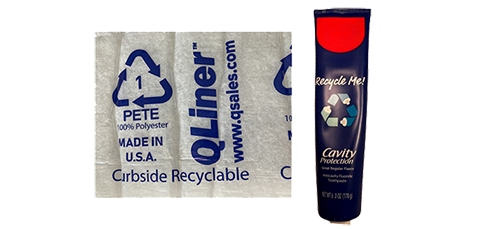
Correct! Oops!
Here’s the scoop: not everything labeled “recyclable” or stamped with the recycling symbol is recyclable. Greenwashing is the act or practice of making a product, policy, activity, etc. appear to be more environmentally friendly or less environmentally damaging than it really is. Some manufacturers claim their products are 100% recyclable but have no evidence that materials recovery facilities (MRFs) can sort them, or that a recycler can economically process them.
We don’t think it should be hard to figure out what can and cannot be recycled – let us know when you see questionable labels and we’ll ask the experts. And when in doubt, check the Recyclopedia!
Correct! Oops!
Aerosol cans, batteries, and old clothes do NOT belong in your recycling bin – they are hazards at materials recovery facilities (MRFs)! Aerosol cans can explode under pressure, batteries can erupt and cause serious fires, and clothes get tangled around the sorting equipment, putting MRF workers at risk of injury when they have to manually cut the “tanglers” out.
Consider recycling aerosol cans with scrap metal and give your old clothes a second life by donating them. Batteries are trickier: download this battery identification guide for information on how to safely handle spent batteries.
EMPTY pizza boxes (even greasy ones) can be recycled!
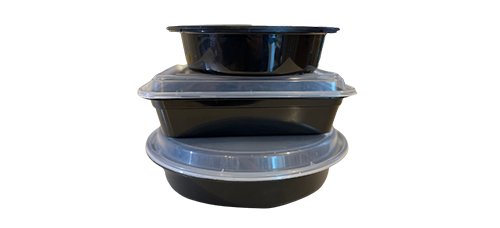
Correct! Oops!
Black plastic containers are NOT recyclable. Materials recovery facilities (MRFs) sort plastics with optical sorting systems that use reflected light to determine the type of plastic a container is. The problem with black plastics is that they contain carbon, which absorbs light – this means the optical sorters can’t “see” black plastics and they end up in the trash heap. Even if black plastic could be sorted properly, there aren’t strong markets for it in MA, as the color makes it difficult for the material to be used as feedstock for new products.
Correct! Oops!
Paper is recyclable! But when it comes to spiral notebooks and hardcover books, the binding is a barrier to recycling. We recommend tearing the paper out of spiral notebooks so that you can recycle it – and then put the spiral binding in the trash. The same goes for hardcover books. Coloring books covered in crayon, marker, and water soluble paint are okay in the recycling, but throw pages covered in glitter and stickers in the trash. While we recommend donating your old books whenever possible, some are beyond reuse and it’s okay to recycle the paper.
Remember, you can use our Beyond the Bin search tool to find donation locations near you.
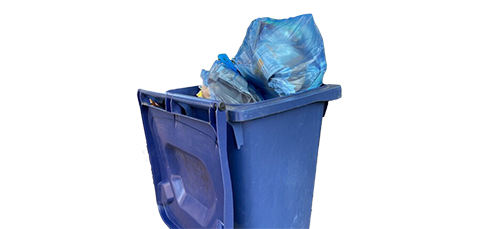
Correct! Oops!
Do NOT bag your recyclables! Recyclables in plastic bags do not get opened at materials recovery facilities (MRFs) because it is time consuming and potentially dangerous for workers. They will be thrown away. Keep your recyclables loose in the bin and take plastic bags and film to retailers to recycle them correctly. Find a collection location near you.
Plastic bags are the number one contaminant in our recycling – if we kept all bags and plastic film (e.g., the plastic wrap around toilet paper and bottled beverages) out of the recycling, we could reduce contamination by 40%!
Note: There are certain neighborhoods in Boston that allow the use of clear plastic bags for recycling due to space issues. Please strictly follow the rules for proper recycling in those areas.
Correct! Oops!
Not all plastic belongs in your home recycling bin. When deciding whether to put something plastic in the recycling bin, focus on the shape: Is it a bottle, jar, jug, or tub? Recycle it!
If you need more assurance, the Smart Recycling Guide is an easy reference to see what kinds of containers are recyclable. The Recyclopedia goes into further depth, with details on over 800 common household items. Curious to learn even more? We’ve written extensively on the subject of plastics recycling. You can find it all in our newsletter archive.
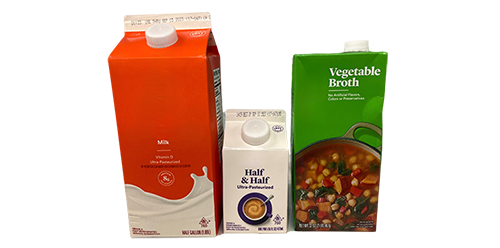
Correct! Oops!
In most of Massachusetts, cartons go in the trash. However, if you live in one of these municipalities, you can put cartons in your recycling bin.
Cartons (aka gable tops) are constructed with layers of plastic and paper. Aseptic containers (aka Tetra Packs) include an aluminum layer as well. To be properly recycled, these types of containers must go to specialty mills, few of which currently operate in the U.S. We hope one day a specialty mill will open close enough to make cartons economical to collect and ship from anywhere in MA. If that day comes, we’ll be sure to update this quiz and the Recyclopedia!
Correct! Oops!
Frozen food boxes go in the trash. They have a plastic or wax coating on them to keep moisture out. While that coating makes a stronger box, it also interferes with the recycling process at paper mills. Meal delivery insulation, no matter if it is made from foam or a foam alternative, is also trash.
Sticky notes are small, but you can stick them on larger pieces of paper to ensure they get recycled. Cereal boxes are welcome in the recycling – just remove the plastic bag and food first. Magazines, junk mail, and envelopes are also highly recyclable, so make sure to put them in the recycling bin!
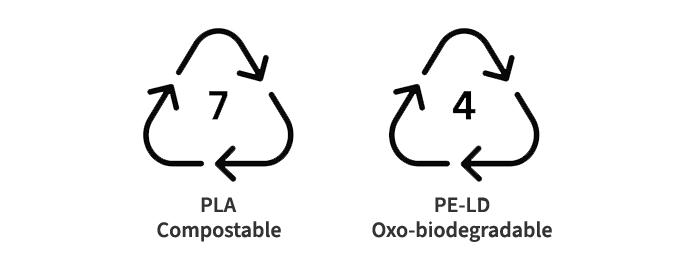
Correct! Oops!
Biodegradable and compostable plastics are not designed to be recycled. Biodegradable plastics, like most plastics, are made from fossil fuels, but they include additives that cause them to break down in certain conditions. They cannot be recycled. Compostable plastics are made from plant biomass, such as corn starch, sugar cane, or wheat. They must go to an industrial composting facility to break down properly. If you send your compost to a facility that accepts compostable plastics, great! Otherwise, put them in the trash.

Congratulations! You have successfully leveled up! Go ahead and brag a little by sharing your results.
Challenge your family, friends & co-workers to play along and test their recycling smarts.
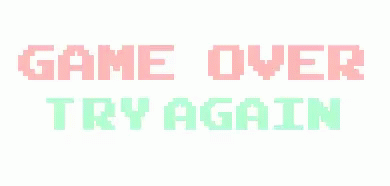
On no! Looks like you could use a recycling refresh. The good news is you can take the quiz again!
Challenge your family, friends & co-workers to play along.

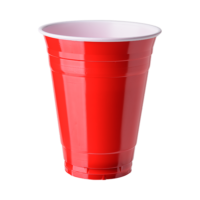
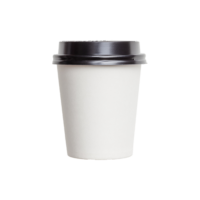
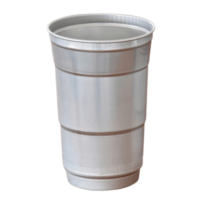
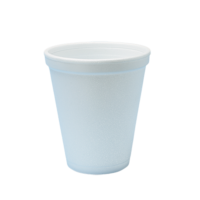


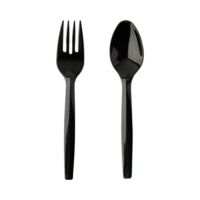
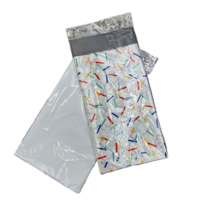
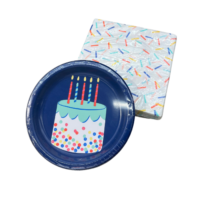
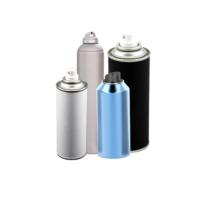
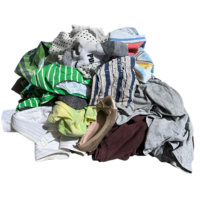
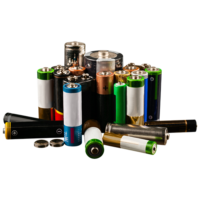
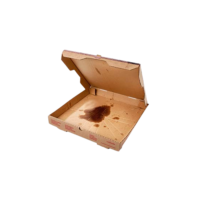
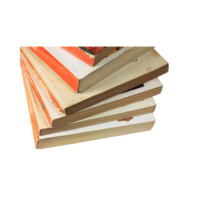
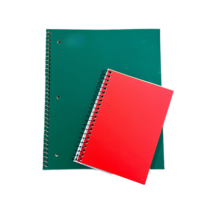
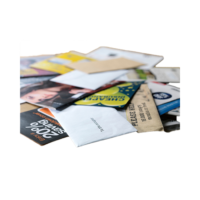
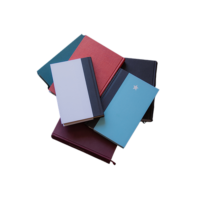
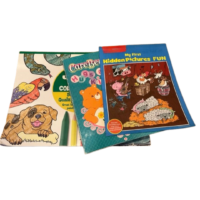
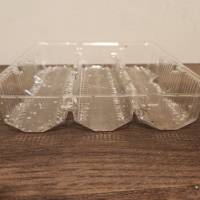
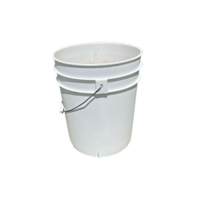
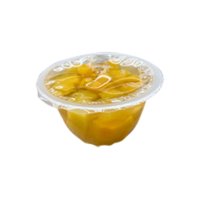
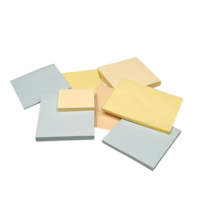
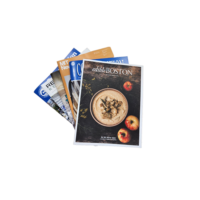
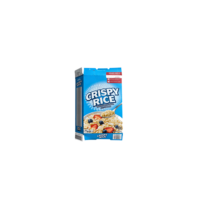
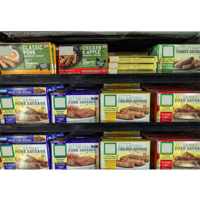
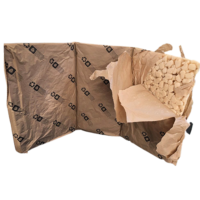
Correct! Oops!
Aluminum cups can be reused repeatedly AND can be recycled when their useful life is over.
Solo cups and foam cups are made from polystyrene, which is not easily recyclable. Paper cups contain a thin, leak-preventing layer of plastic called a “polycoat” that interferes with the recycling process. Put paper, foam, and Solo cups in the trash and consider using reusables as often as possible.